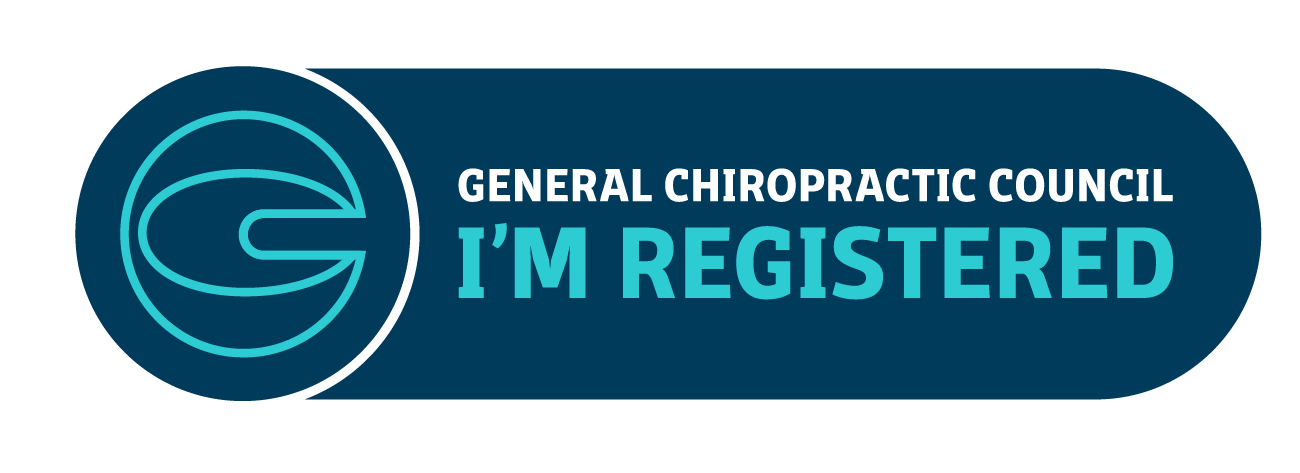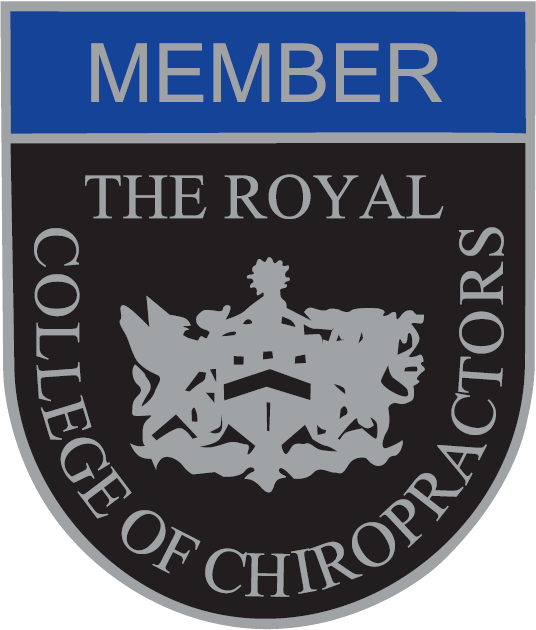 Vertigo is beyond merely feeling light-headed. While dizziness encompasses an array of symptoms, including faintness, light-headedness, spinning sensations, and unsteadiness, vertigo is actually the sensation of movement when there is no actual movement happening.
Vertigo is beyond merely feeling light-headed. While dizziness encompasses an array of symptoms, including faintness, light-headedness, spinning sensations, and unsteadiness, vertigo is actually the sensation of movement when there is no actual movement happening.
Many often describe vertigo as “being pulled to one side” or as though things are continually spinning (when they’re not). In extreme cases, this may result in nausea or vomiting. Undeniably, vertigo can significantly disrupt your day-to-day. So, why does it happen? And what can you do about it?
Causes of Vertigo
Vertigo may happen due to peripheral or central causes. Peripheral causes of vertigo arise due to problems with the inner ear or vestibular system. The vestibular system is a neurological system that helps you maintain balance and helps you understand where your body is in space.
Common problems with this system may include:
- Benign Positional Vertigo (BPPV): This condition causes vertigo when the head is in certain positions. This happens due to the dislodging or displacing of inner ear crystals that play a vital role in the vestibular system.
- Specific medications: Examples of medication that may cause vertigo to include aminoglycoside antibiotics, cisplatin, diuretics, or salicylates.
- Head injury: Blunt trauma to the head or neck may lead to vertigo symptoms.
- Inflammation of the vestibular nerve: Also called vestibular neuronitis, this is usually a viral infection that lasts two to three weeks.
- Meniere Disease: This condition involves fluid imbalances in the inner ear. Other symptoms, besides vertigo, may include tinnitus and hearing loss.
Meanwhile, central vertigo is caused by issues with the brain, such as blood vessel problems, seizures, multiple sclerosis (MS), tumors, and more.
Treating Vertigo
Luckily, many cases of vertigo are treatable. Some common vertigo treatment options include the following.
1. Canalith Repositioning (Epley) Maneuver
This maneuver involves a specific set of head movements which helps any calcium deposits which may be causing your vertigo to get reabsorbed by the body. This is typically performed by a trained professional and, in many cases, can offer immediate relief.
2. Medication
Treatment usually depends on what is causing your vertigo symptoms. If vertigo is caused by labyrinthitis (an inner ear infection), steroids or other injections may be used to prevent any hearing loss. Other medications may help temporarily relieve any nausea and vomiting caused by vertigo. Lastly, preventative migraine medication may be recommended for individuals experiencing vestibular migraines or Meniere’s Disease.
3. Balance Rehabilitation
Some individuals may benefit from a balance exercise program to help compensate for vestibular system glitches. This exercise program focuses on improving balance, coordination, and instability. It may also involve fall prevention or training on how to fall properly to prevent injury.
4. Chiropractic Care
Depending on the causes of your vertigo, chiropractic care may be a viable option to help reduce or eliminate it. A chiropractor can help with persistent migraines or head and neck injuries causing vertigo.
If you want to learn more, reach out to our team at Bradford House Chiropractic & Wellness Centre. Together, we can help you overcome vertigo and lead a happier and healthier life!










